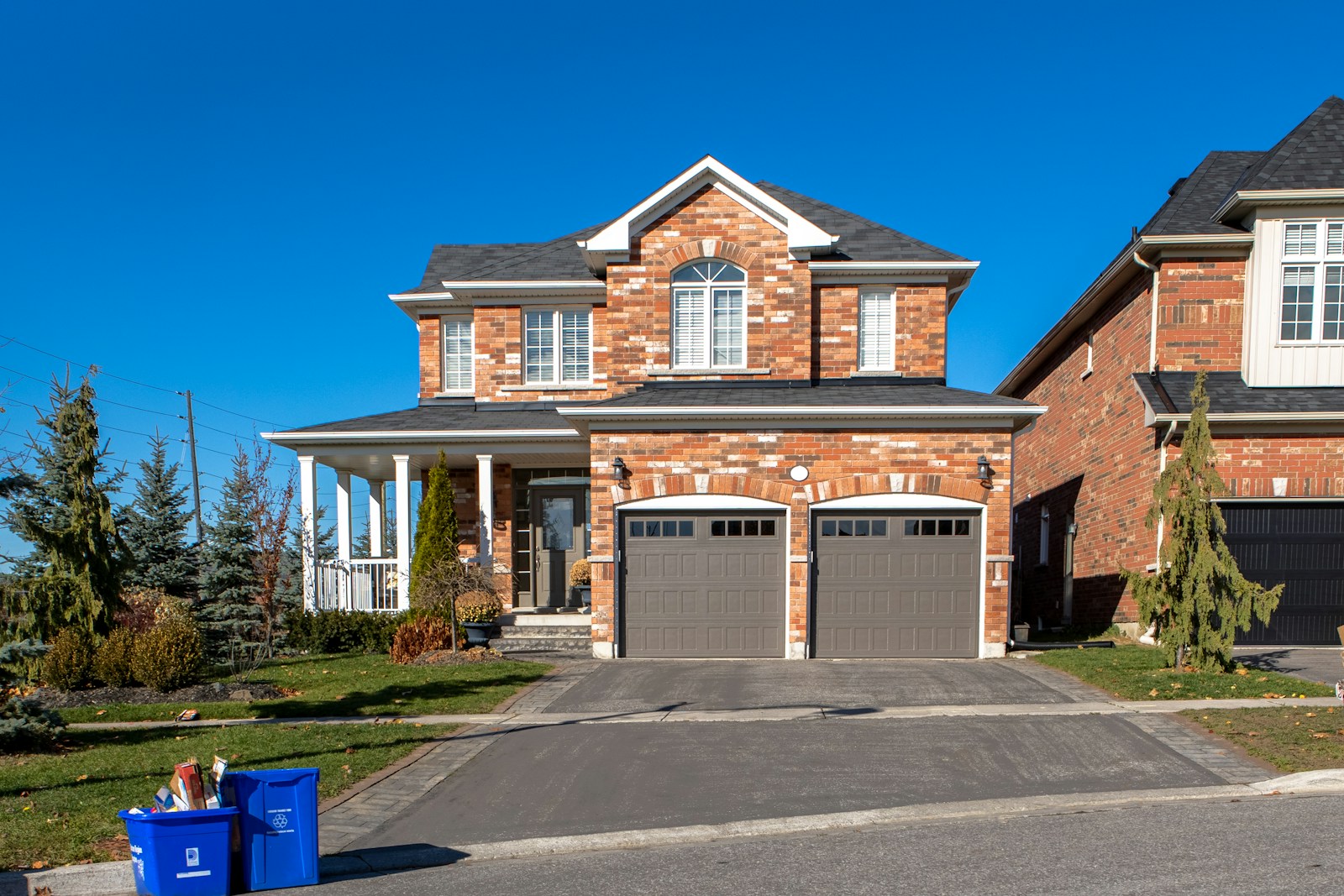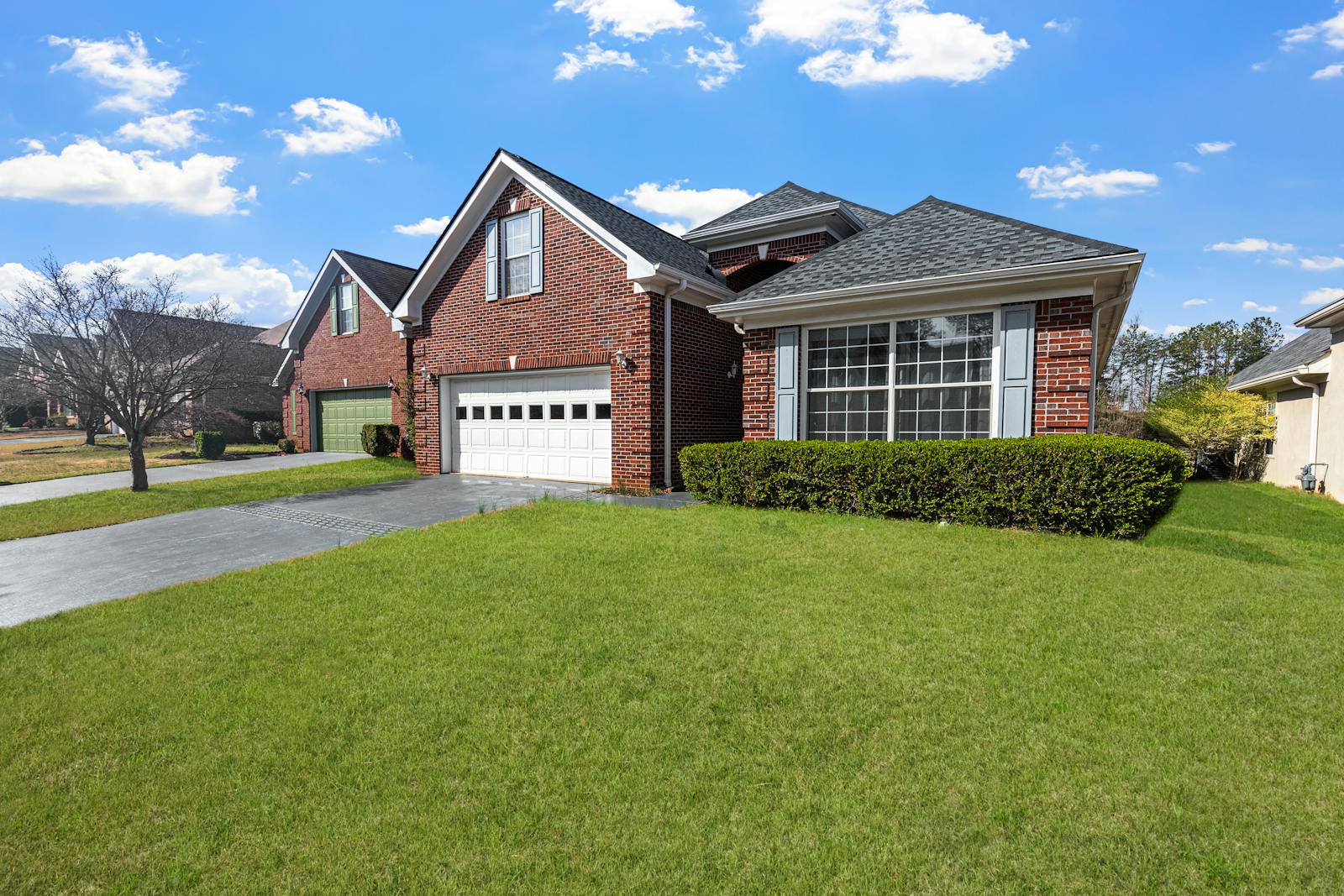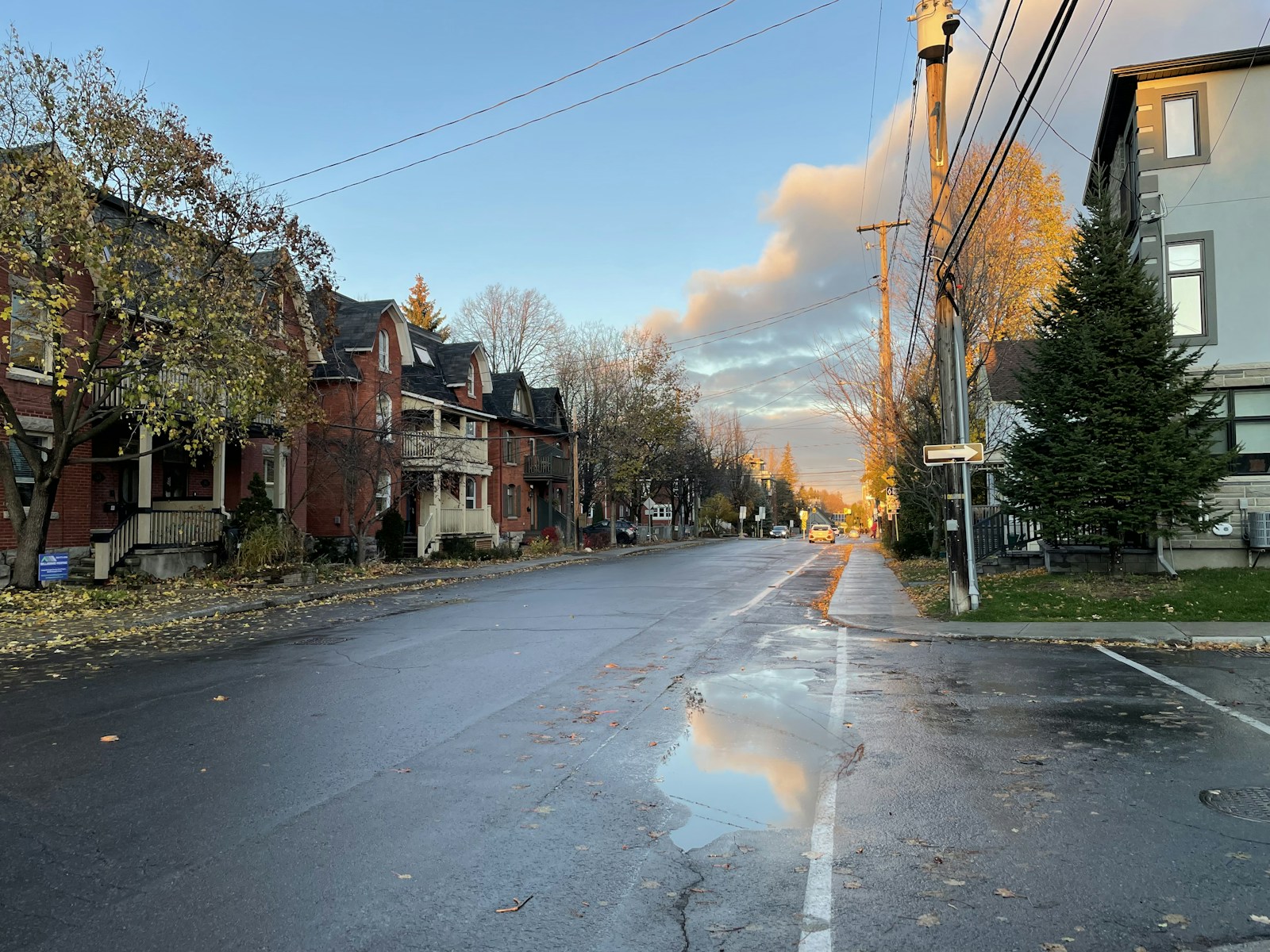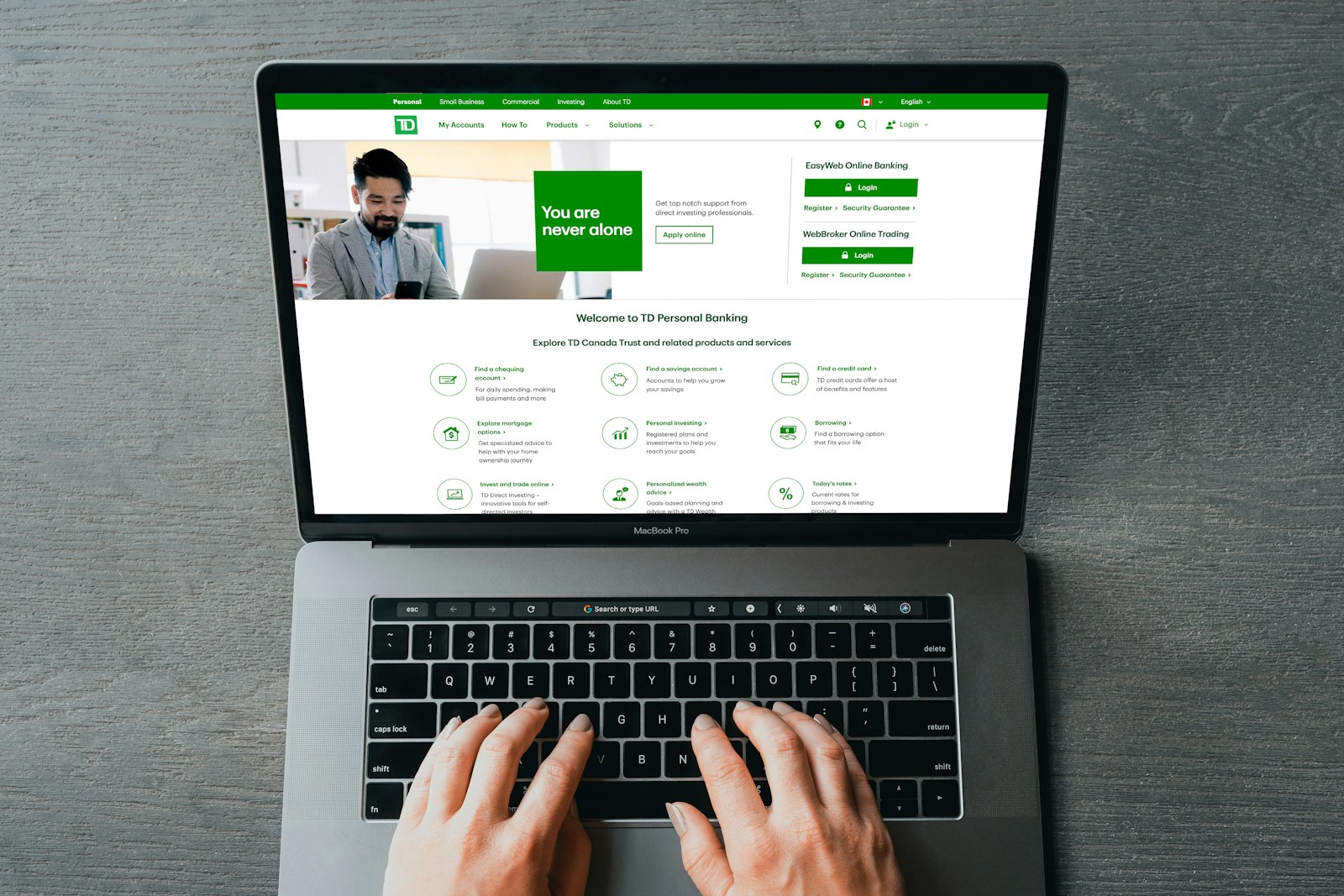Selling a home in Ottawa’s 2025 market can feel like a balancing act. Buyers are savvy, competition is strong, and sellers fear one thing above all: having to cut their price after weeks on the market. The truth is, with the right strategies, you can position your property to sell at top dollar without playing the “slash and wait” game.
This guide will walk you through proven marketing tactics, staging tips, and pricing strategies that help Ottawa sellers maximize value and avoid dreaded price reductions.
1. Nail the Pricing Strategy from the Start
Avoid the “wishful pricing trap.” Overpricing is the number one reason homes sit unsold.
Use data-driven pricing. Work with a realtor who provides comparable sales (comps) for similar properties in your neighborhood.
Strategic underpricing. In competitive areas like Westboro or Hintonburg, slightly underpricing can spark bidding wars and push offers above asking.
👉 A home priced right from day one will sell faster and with stronger offers.
2. First Impressions Sell Homes
Buyers decide within seconds whether a home feels “worth it.” Focus on:
Curb appeal upgrades: Fresh paint on the front door, tidy landscaping, and outdoor lighting.
Decluttering: Clear counters, remove excess furniture, and create clean sightlines.
Neutral décor: Ottawa buyers in 2025 lean toward modern but minimalist staging.
3. Professional Photography & Video Tours
Online listings are your first (and sometimes only) chance to impress.
Hire a pro photographer. Poor lighting or phone shots instantly cheapen the listing.
Drone footage: Perfect for larger suburban homes in Barrhaven or Kanata.
Video walkthroughs & 3D tours: Increasingly expected by younger buyers shopping online first.
Homes with professional photos sell 32% faster than those without—skipping this step could cost you thousands.
4. Highlight Ottawa Buyer Priorities in 2025
Sellers should market features that match today’s buyer wishlist:
Energy efficiency (EV chargers, heat pumps, smart thermostats).
Home office space (even a well-staged nook adds value).
Proximity to transit & LRT extensions.
Outdoor living areas like decks, patios, and low-maintenance yards.
5. Leverage Social Media & Targeted Marketing
Traditional MLS listings aren’t enough anymore.
Social media ads (Facebook, Instagram, TikTok) allow targeting by age, income, and lifestyle.
Neighborhood groups in Ottawa (like on Facebook or Nextdoor) are powerful for hyper-local exposure.
Feature reels & stories. Short, polished clips get more engagement than static images.
6. Stage to Sell, Not to Live
The way you live in a home isn’t the way you should sell it. Staging helps buyers imagine themselves in the space.
Rent modern furniture if needed.
Stage “flex rooms.” A basement rec room can become a gym or home office.
Keep it bright. Light-filled spaces feel bigger and more valuable.
7. Create Urgency with Smart Timing
Spring & early summer are still Ottawa’s strongest selling seasons, especially for family homes near good schools.
List mid-week. Launching on a Wednesday or Thursday captures weekend buyers.
Offer deadlines. Setting a review date for offers can spark competition.
8. Work with an Experienced Realtor
A strong listing agent will:
Position your home at the right price.
Market it beyond MLS (social, email lists, broker networks).
Negotiate to protect your bottom line.
Trying to “test the waters” with an inflated price and a weak marketing plan almost always results in reductions later.
9. Avoid Common Seller Pitfalls
Overpersonalization: Bold paint colors, clutter, or outdated fixtures turn buyers off.
Ignoring small repairs: Loose doorknobs, squeaky hinges, and cracked tiles signal neglect.
Poor listing copy: Generic descriptions don’t sell lifestyle—Ottawa buyers want a story.
Final Thoughts
Selling a home in Ottawa without price reductions isn’t about luck—it’s about strategy. From smart pricing and staging to powerful marketing and timing, every detail matters. In 2025’s competitive market, buyers are willing to pay top dollar, but only if a property feels like it’s truly worth it.
Position your home correctly from the start, and you won’t need to lower the price later—you’ll sell with confidence and keep your equity intact.













